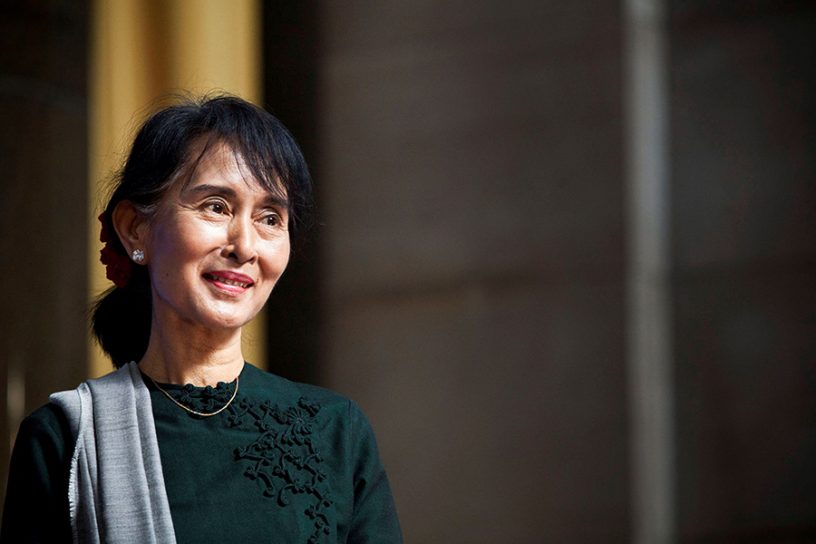
Examining the situation in Myanmar in light of international law, this article argues that the right to democracy should be considered a human right.
Author
Abhinav Mehrotra, Assistant Professor, Jindal Global Law School, O.P. Jindal Global University, Sonipat, Haryana, India.
Summary
As Aung San Suu Kyi was about to assume office in Myanmar, on the 1st of February, 2021, the Myanmar military -also called The Tatmadaw- staged a coup d’état by detaining the leaders of the ruling National League for Democracy (NLD), including Aung San Suu Kyi and President U Win Myint. This action was executed due to the garb of fraud in last year’s general election where NLD had secured a landslide victory and under the export and import law and the natural disaster Management law.
Two more charges were added later on. Since then a large number of protestors have been wounded or killed and various parts of the country have been put under martial law. As a result, at least 150 people have died since the coup on 1st February, with about 2,200 arrested.
These developments have received widespread condemnation from countries around the world including the EU, the United States and Australia. The United States President, Joe Biden, labelled the coup as “a direct assault on the country’s transition to democracy and the rule of law”.
In this background, this article argues that the right to democracy should be considered a human right. In order to present a coherent and tenable account, this article examines the situation in Myanmar in light of international law, and, second, it addresses to what extend the right to democracy has been applied in other jurisdictions.
Background
In simple terms, Democracy is about achieving a balance between dissent and agreement and not zero-sum scorched earth attacks on anyone who does not follow the orthodoxy of one political group. This sentiment was also echoed during the 1993 Vienna World Conference on Human Rights, according to its final statement, “Democracy, development and respect for human rights and fundamental freedoms are interdependent and mutually reinforcing”.
This idea of democracy is further supplemented by the views expressed by former United Nations Secretary-General Boutros-Boutros Ghali who had argued that “human rights, equal rights and government under the law are important attributes of democracy”.
Published in: Cambridge International Law Journal
To read the full article, please click here.


